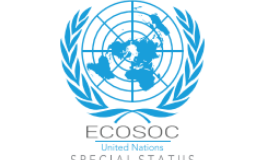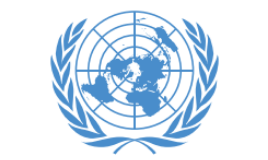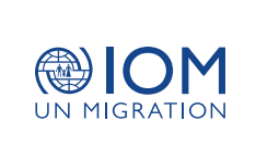Qatar Charity provides new aid to Sudanese refugees in Chad

10/3/2023 | Media Center

Qatar Charity (QC) responded to the appeal of the government of Chad by providing support to Sudanese refugees at the Farchana camp, adjacent to Sudan-Chad border. For the second time, it delivered 1315 food packages containing essential food items to meet the needs of the refugee families.
The Farchana camp, approximately 1020 kilometers away from N'Djamena, the capital of Chad, currently hosts nearly 37,000 Sudanese refugees who have fled the ongoing war in Sudan. They are experiencing deteriorating living conditions, shortages in medical care and medications, amid increasing concerns of disease outbreaks among them.
Mr. Khalid Abdulla Alyafei, Director of the Emergency and Relief Department at Qatar Charity, said, "From the very beginning of receiving refugees in the camp, our relief teams intensified their field visits through our office in Chad. We have been in direct coordination with the United Nations High Commissioner for Refugees (UNHCR) and the Office for the Coordination of Humanitarian Affairs (OCHA) to assess the humanitarian situation in eastern and southern Chad and the challenges that arise there."
He pointed out that, through assessing the current conditions of the refugees in the camp, they primarily need healthcare services and educational opportunities for the children, who may number up to approximately 3,000 school-aged children. He emphasized that there is an urgent need to ensure proper nutrition, which is a lifeline against the spread of diseases, in addition to providing tents for refugee families to preserve their human dignity.
Alyafei explained that Qatar Charity responded to the Chadian government's call for supporting Sudanese refugees and, on September 30, provided a new batch of food assistance consisting of 1315 food packages. He also mentioned that Qatar Charity looks forward to providing more support to Sudanese refugees in the coming days to improve their living conditions. He concluded his statement by noting the continued communication with OCHA to coordinate humanitarian efforts in the region.









